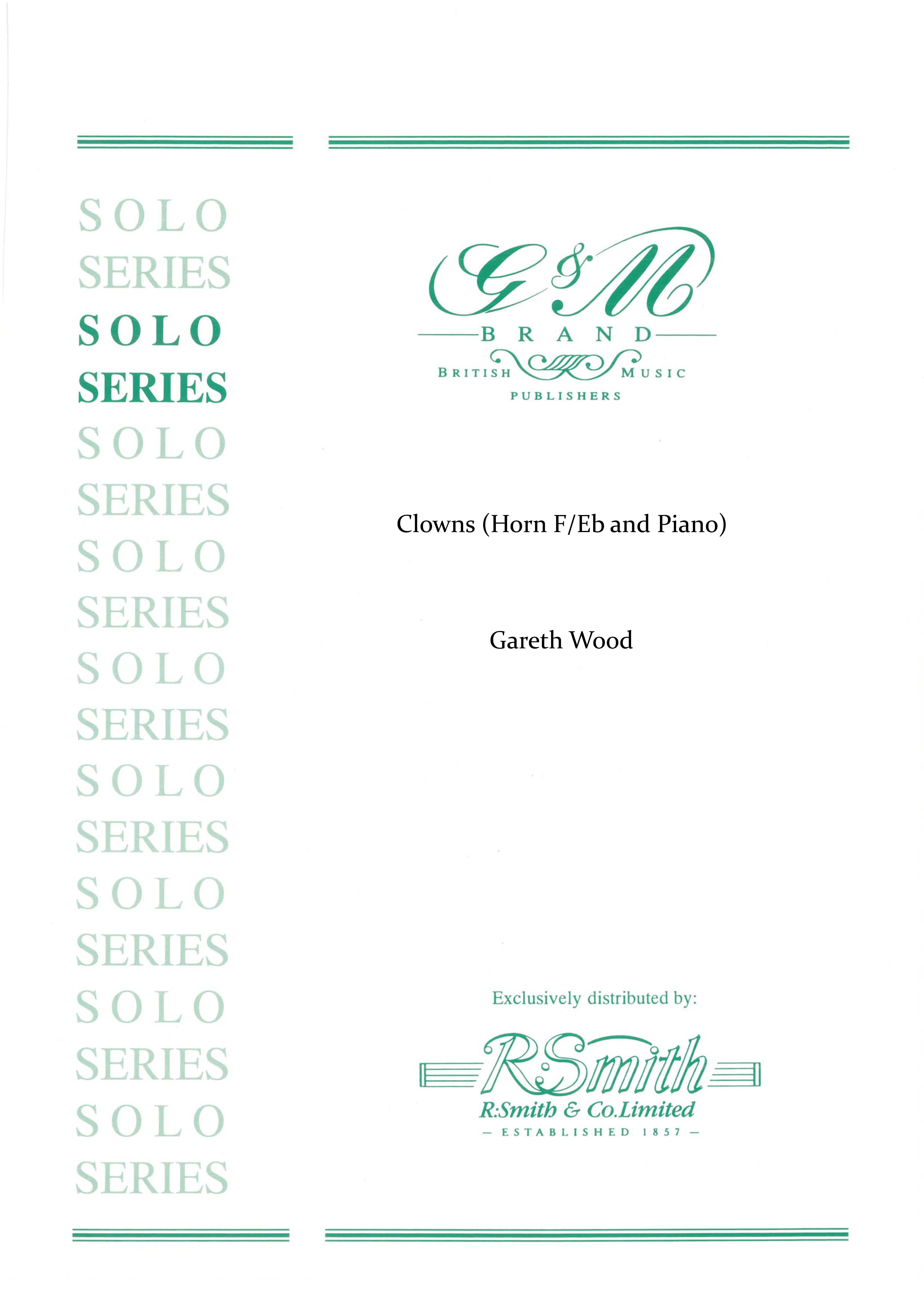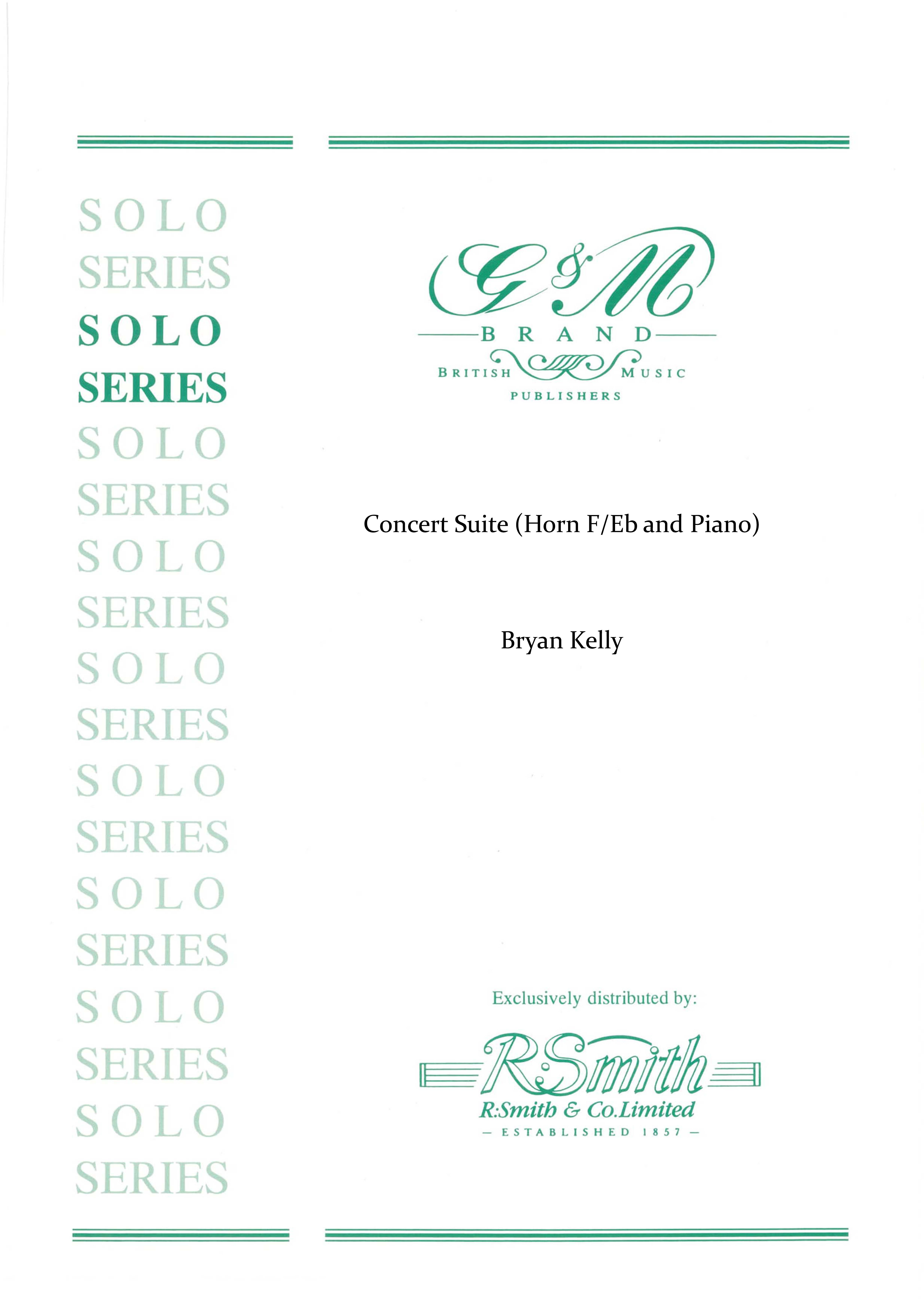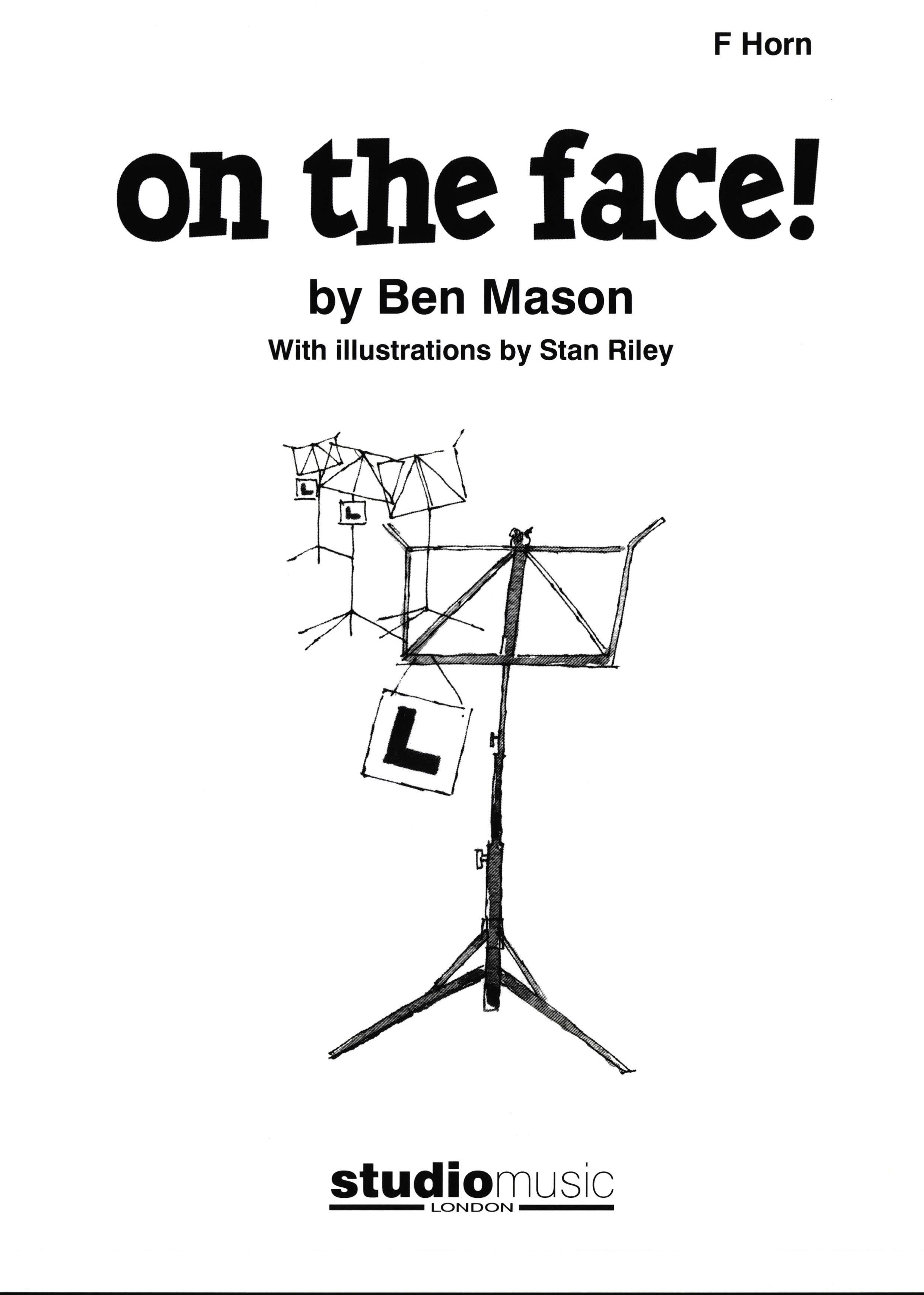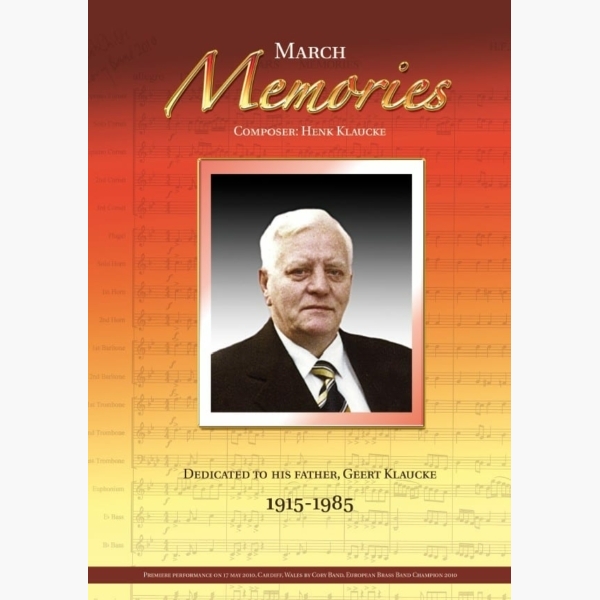Results
-
 £55.00
£55.00Second Suite in F - Gustav Holst arr. Phillip Littlemore
Gustav Holst's Second Suite in F was composed in 1911, two years after the first suite, yet like his first suite it didn't receive its premiere until many years later, on 30th June 1922, at Royal Albert Hall in London and performed by band of The Military School of Music.The Suite uses English folk songs and folk dance tunes throughout. The opening march movement uses three tunes: a lively Morris Dance called Glorishears, the folk song Swansea Town and finally Cloudy Banks. The first two tunes are repeated to conclude the first movement. The second movement is a setting of I'll Love My Love, a sad story of a young maiden driven into Bedlam by grief over her lover being sent to sea by his parents to prevent their marriage. The Song of the Blacksmith follows with a lively hammer rhythms and the score actually asks for a blacksmith's anvil. The final movement is a fantasia based on the 16th Century English country-dance, The Dargason, with the Elizabethan love-song Greensleeves intertwined. This is a new brass band arrangement that has a lighter texture to that made by Sydney Herbert, restoring it to the original key of F and including sectioned omitted from the 1923 arrangement.Duration: c. 12 minutesDifficulty: 2nd Section and above
Estimated dispatch 5-7 working days
-
 £5.95
£5.95Clowns (Horn in F or Eb and Piano)
Tenor Horn (or F Horn) and Piano
Estimated dispatch 7-14 working days
-
 £9.95
£9.95Concert Suite (Horn in F or Eb and Piano)
Tenor Horn (or F Horn) and Piano
Estimated dispatch 7-14 working days
-
 £3.95
£3.95On the Face! (F Horn)
On the Face is a complete repertoire (warm-ups and 23 pieces) for beginner brass ensemble. Perfect material for school assemblies and music centres, it includes folk songs, famous classical themes, and exciting new jazz and pop numbers. Each piece is score for a basic trio of two trumpets/cornets and one trombone/euphonium (TC or BC). However, optional independent parts can also be added for horn in E flat or F; high trombone or euphonium (tenor part); tuba; and drum kit. The pieces work equally well either with one player to a part, or in larger group settings. With its appealing variety of musical styles and textures, On the Face is sure to make the young brass player's first experience of group playing both rewarding and fun.
Estimated dispatch 7-14 working days
-
 £24.95
£24.95March Memories - Henk F Klaucke
Henk F. Klaucke is a well-respected musician and bandsman having performed with many fine ensembles, including The Salvation Army's Amsterdam Staff Band. March: Memories was conceived and composed as an everlasting memory of the composer's father, Geert. Majestic in style,...
Estimated dispatch 5-7 working days
-
£24.95
IDA AND DOT (Cornet Duet with Brass Band Set) - F.H. Losey
(Piano Accompaniment arr. F. Wright)
Estimated dispatch 7-14 working days
-
£25.00
FLORENTINE MARCH - Fucik/F.Renton
Estimated dispatch 7-14 working days
-
£25.00
GYMNOPEDIE No.1 - E.Satie/F.Renton
Estimated dispatch 7-14 working days
-
£25.00
MORNING SONG - F.Hughes
Estimated dispatch 7-14 working days
-
£39.50
FINALE SYMPHONY No.3 (ORGAN SYMPHONY) - F.Renton
Estimated dispatch 7-14 working days
